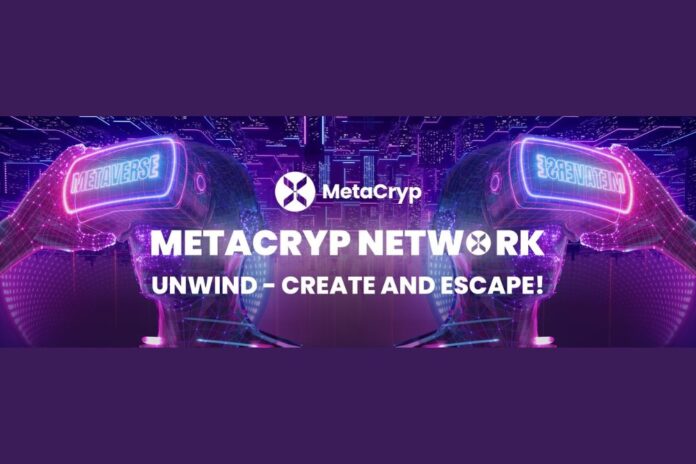DeFi scams are a huge concern in DeFi. Beginning from regular hacks to phishing and catfishing scams, the market has never been any crazier. CNBC reports that more than $14 billion was lost to DeFi scammers in 2021 alone, and this figure has continued to soar despite the crypto winter of 2022.
DeFi rug pulls are among the common DeFi scams you could come across more often. This is because of the increasing vulnerability in the crypto space to make fast money. Many crypto enthusiasts are only in the space to make money and not contribute anything to the market or industry. There is a chance this category of people falls to rug pull projects that promise high returns.
This guide analyzes DeFi scams and how to avoid them. MetaCryp Network, a newcomer in DeFi, will facilitate secure DeFi activities using its native token, MTCR, to ensure it achieves its vision.

What is a DeFi scam?
A DeFi scam is a malicious attempt to make money off the sweat of other DeFi enthusiasts or community members. Scams are very common occurrences even in our daily lives. When these scams feature in DeFi, it becomes a DeFi scam.
Popular examples of DeFi scams include third-party hacks just like the Poly Network incident in 2021; rug pulls, phishing scams, and crypto investment scams, among others.
Rugpulls
Rugpulls are a form of DeFi scam where developers of a project make away with project funds after accumulating the funds initially scheduled to run or develop the project. Rugpulls are common with degen projects and NFTs.
Phishing Scams
Phishing scammers maliciously code a DeFi interface to resemble the original in a bid to scam users or visitors of the original website. Phishing scams are very common and have led to huge losses in DeFi.
Vulnerability bugs
Hackers look out for bugs in a smart contract code or API of a website in a bid to exploit and steal funds from the protocol.
How to avoid DeFi scams
- Don’t disclose your private keys to anyone. Your private keys are the gateway to your wallet and assets. You give anyone access and power to your assets if you eventually leak or disclose your private keys to them.
- Be wary of unaudited projects. Auditing a project does not necessarily mean it will not be a scam, however, it gives you an edge over vulnerability hacks.
- Not all airdrops are genuine. Dusting attacks usually happen through airdrops. These attacks use tokens to penetrate wallets and steal private keys and assets.
- Perform due diligence before using a DeFi platform. Due diligence keeps you on alert when using a platform. Ensure to check out for red flags and important greenlights like audits, tokenomics and token distribution, partners, and so forth.
MetaCryp Network to introduce resourceful DeFi innovation
With the increasing rate of DeFi scams, MetaCryp is entering the industry to allow and encourage more adoption of DeFi innovation. MetaCryp will feature NFT trading and Metaverse play-to-earn protocols.
MetaCryp’s ecosystem will be powered by its native token, MTCR which it will first sell to its community members through presale. There will be allocated bonuses to early buyers of the token which could stack up to 350% subsequently.
Furthermore, the early birds stand a chance to receive NFT rewards and the first bite of MetaCryp’s Metaverse Country Club.
Learn more about MetaCryp Token below:
- Presale: https://presale.metacryptoken.io/register
- Website: https://metacryptoken.io/
- Telegram: https://t.me/MetaCrypOfficial



